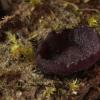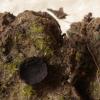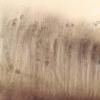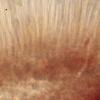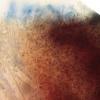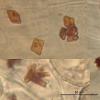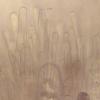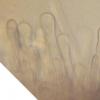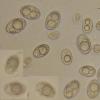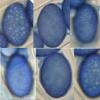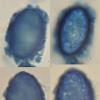
13-02-2026 03:30
Hello! I found these immersed perithecia on a stic

13-02-2026 18:05
Margot en Geert VullingsOn February 9, 2026, we found these small hairy di

12-02-2026 21:34
patrice CallardBonjour, la face inférieure des feuilles ce certa

11-02-2026 22:15
 William Slosse
William Slosse
Today, February 11, 2026, we found the following R

12-02-2026 14:55
Thomas Læssøehttps://svampe.databasen.org/observations/10581810

11-02-2026 19:28
 Lothar Krieglsteiner
Lothar Krieglsteiner
on small deciduous twig on the ground in forest wi

25-04-2025 17:24
Stefan BlaserHi everybody, This collection was collected by J�

10-02-2026 17:42
 Bernard CLESSE
Bernard CLESSE
Bonjour à toutes et tous,Pourriez-vous me donner
Smardaea, reticulate ellipsoid spores
Viktorie Halasu,
20-09-2017 13:32
 Hello forum,
Hello forum,last week I finally found a Smardaea but it doesn't seem to be one of the usual species.
It grew on a place, where cut trees are temporarily stored, now unused for some time and overgrowing with plants. Spruce plantation, 285 m a.s.l., northern Moravia (Czech Rep.).
Apothecia up to 6 x 4 mm, dark violet.
Purplish pigment in all parts (ectal excipulum, subhymenium, some asci, spores a bit purplish too), with lactic acid it discolors to wine red and coagulates to small brown crystals.
Ascus base pleurorhynchous. Paraphyses clavate to slightly capitate, usually hyaline.
Spores (broadly) ellipsoid, *(16,8) 17,3-18,8 (19,1) × (11,6) 11,9-12,6 (13) um (alive, freshly ejected), or 16,3-18,2 × 10,3-11,9 um (dead in LACB and still in asci), with 2 big guttules and sometimes a few small ones.
Part of the spores in ascus is often abortive, only sometimes all of them mature (and then they are a bit narrower).
Ornamentation: uneven reticulation, about 0,6 um high (visible on the outline), in LACB the perispore swells and loosens a bit.
The closest description I found in Benkert (2005) as "S. obtusispora ad int." (the Chemnitz collection). The spore size, ornamentation, and frequently less than 8 spores in ascus fit his description, but in this collection the spores have more pointed ends. I didn't read anything about loosening perispore in Smardaea, only Donadini notes very sensitive ornamentation in S. reticulosperma that can be damaged by pressing to much on the coverslip.
Can this be the same species as Benkert's? Does anyone know if it was ever found again and/or named?
Thank you for any advices.
Viktorie
Benkert's article: https://www.dgfm-ev.de/publikationen/artikelsuche/beitraege-zur-kenntnis-einiger-gattungen-der-pezizales-ascomycetes-plectania-pseudoplectania-ramsbottomia-smardaea-greletia-sowerbyella/download
